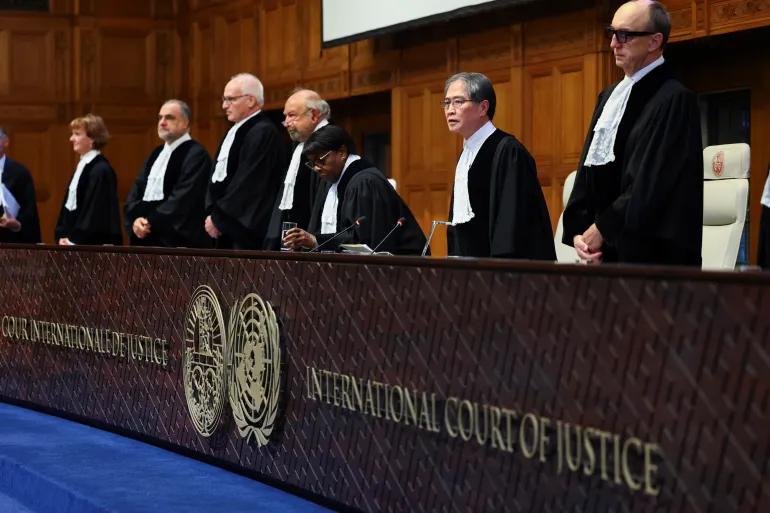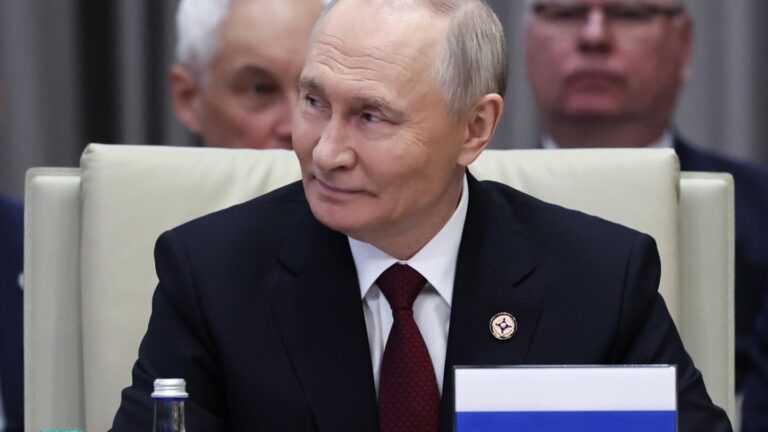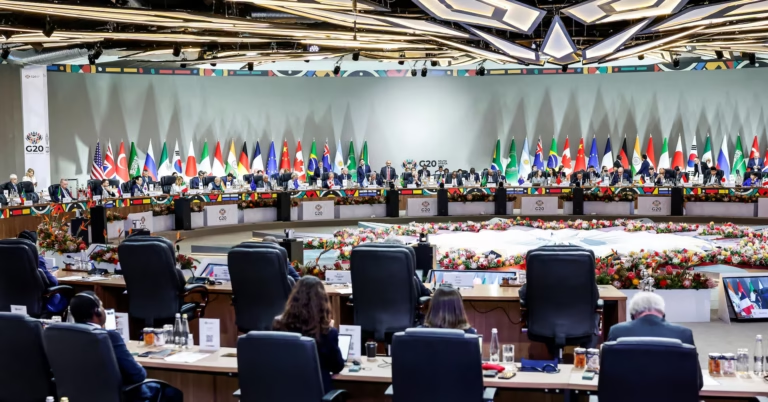
The United Nations’ top court, the International Court of Justice (ICJ), has issued an advisory opinion stating that Israel must ensure the basic needs of Gaza’s population are met and allow the unimpeded delivery of humanitarian aid. The ICJ emphasized that Israel, as an occupying power, has both a positive obligation to support UN relief efforts and a negative obligation not to obstruct them.
The 11-judge panel highlighted the role of UN institutions, including the United Nations Relief and Works Agency (UNRWA), which Israel had previously banned from operating in Gaza after alleging staff involvement in Hamas attacks on October 7, 2023. The ICJ rejected Israel’s claims, stating there was no substantiated evidence linking UNRWA employees to Hamas or other terrorist factions.
While ICJ advisory opinions are not legally binding, they carry significant political weight. Israel did not participate in hearings but submitted a written legal position. Israeli officials have dismissed the ICJ proceedings as politicized. UN officials, however, stress the importance of the ruling for ensuring humanitarian relief and preventing famine in Gaza.
ALSO READ: Louvre Director Details Security Failings After €88m Jewel Heist
The ICJ stressed that Israel must facilitate the delivery of essential supplies and must not use starvation as a method of warfare. Since the recent ceasefire, some humanitarian aid has entered Gaza, including 530 WFP trucks delivering over 6,700 tonnes of food, sufficient for roughly half a million people for two weeks. Yet, daily deliveries remain well below the WFP target of 2,000 tonnes.
A previous ICJ advisory opinion in July 2024 had ruled Israel’s occupation of Palestinian territories unlawful and called for an end to it. The court is also currently considering accusations brought by South Africa that Israel has violated the 1948 UN Genocide Convention.
ICJ President Yuji Iwasawa said that Israel had failed to substantiate its allegations against UNRWA and reinforced the obligation to allow humanitarian aid without hindrance. Palestinian officials maintain that Israel has been using aid restrictions as a tool of war, causing severe food shortages in the enclave.
Even though the ICJ cannot enforce its ruling, all UN member states are expected to follow up on the court’s advice, reinforcing the international pressure on Israel to comply with humanitarian obligations in Gaza.






